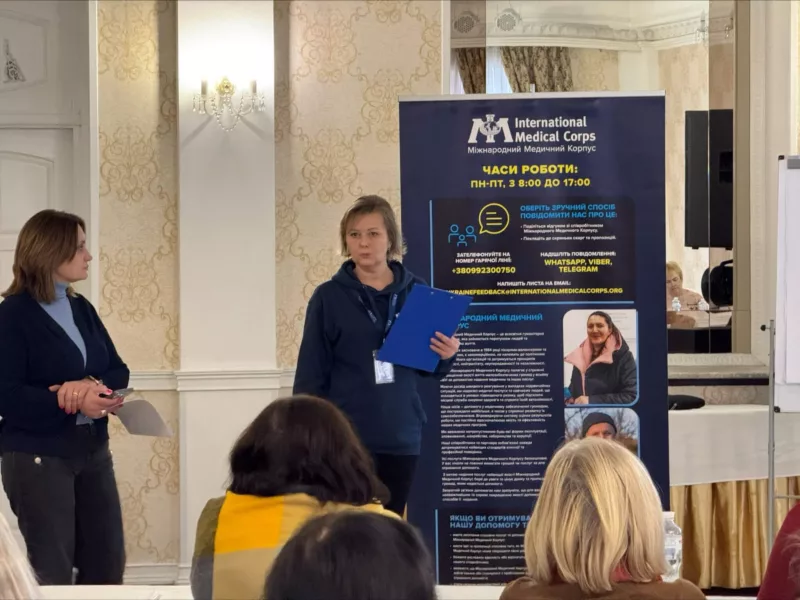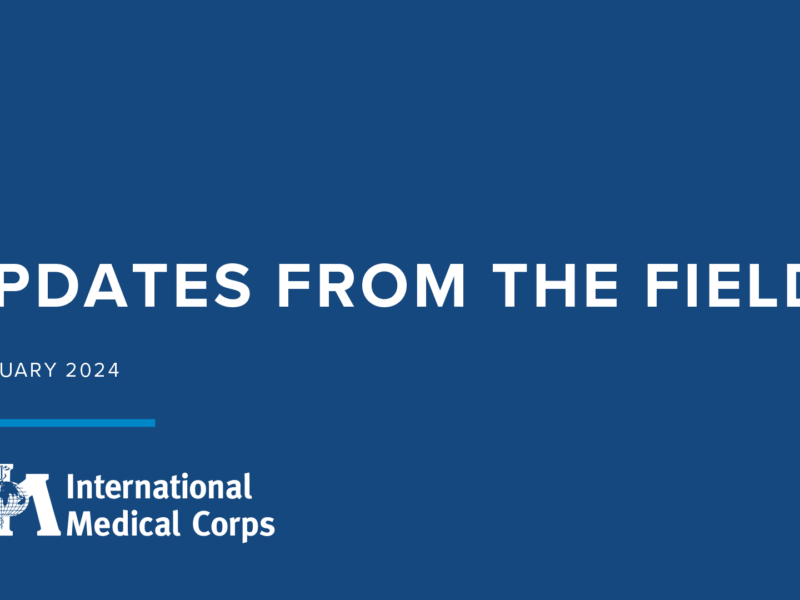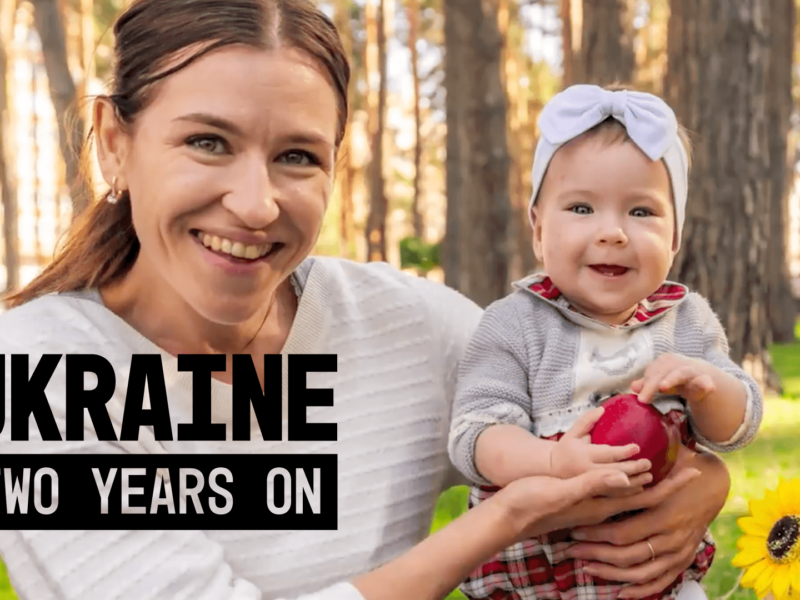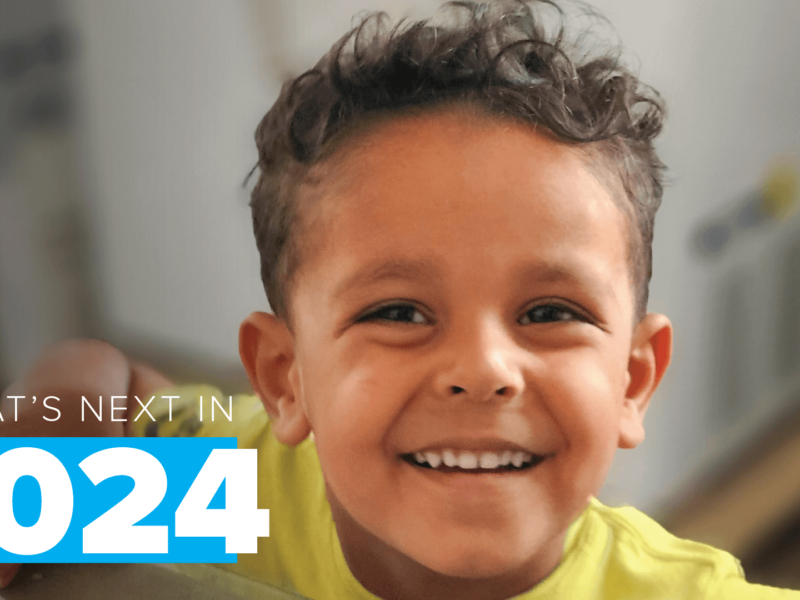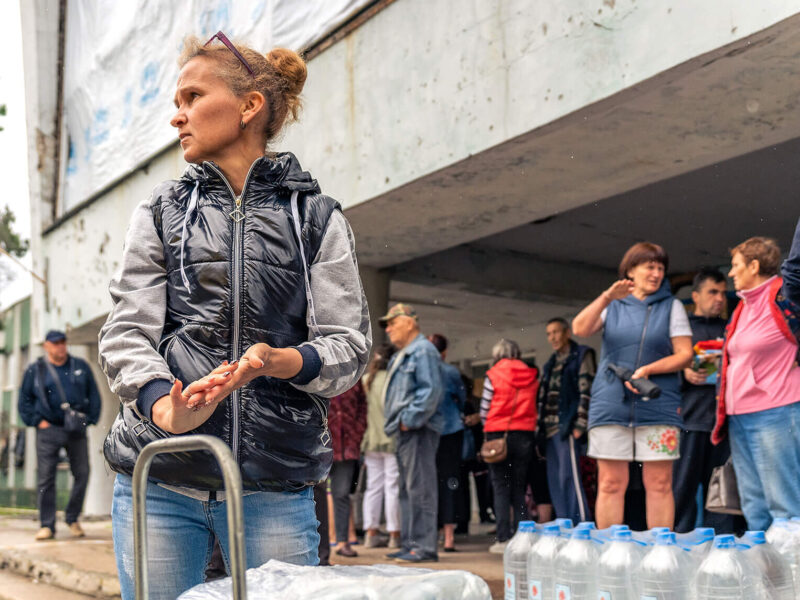Ремонт та відновлення інфраструктури охорони здоров’я України
Російське вторгнення в Україну пошкодило сотні медичних закладів. Міжнародний Медичний Корпус допомагає їм продовжувати обслуговувати пацієнтів, надаючи послуги з відновлення та реабілітації.





